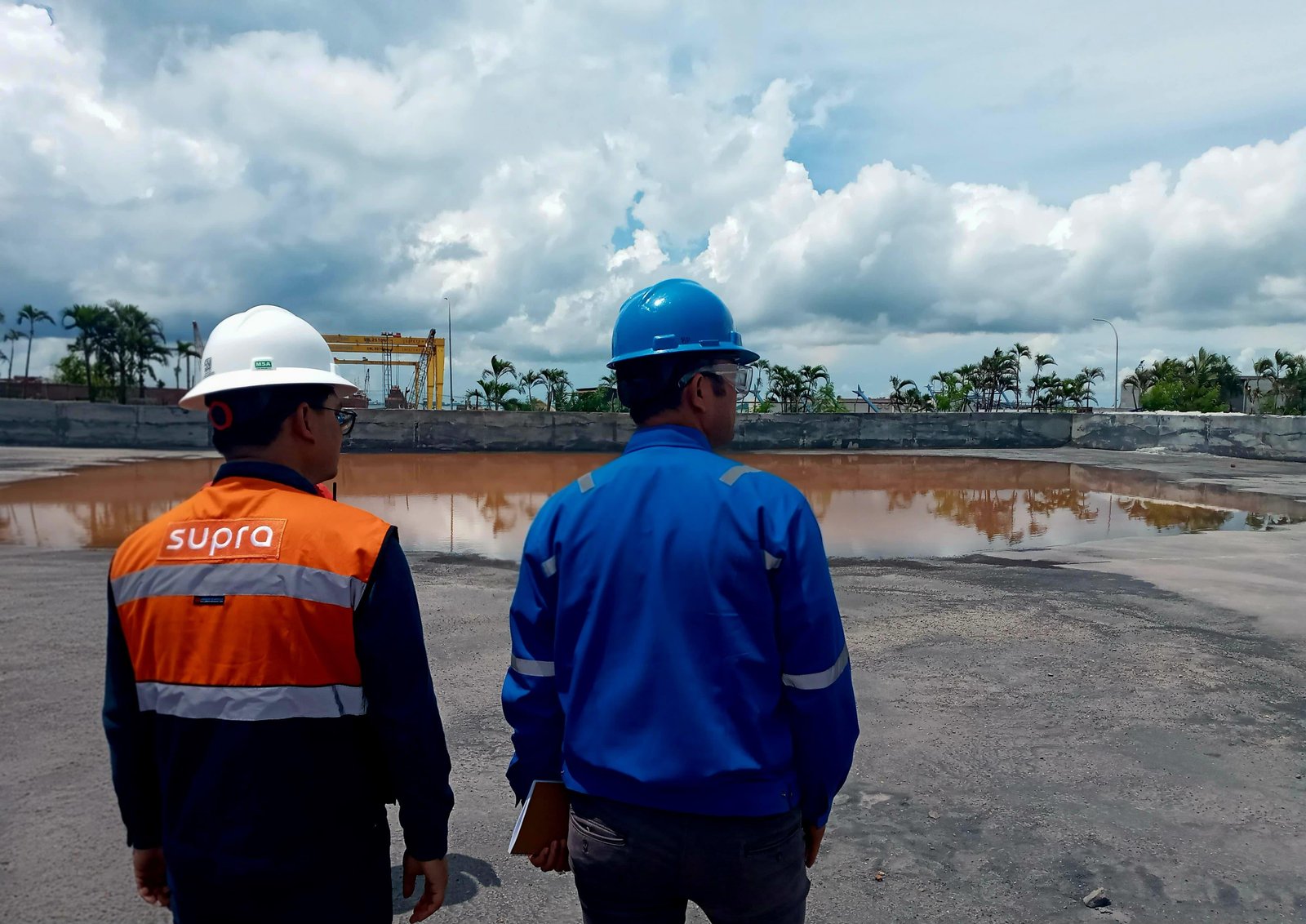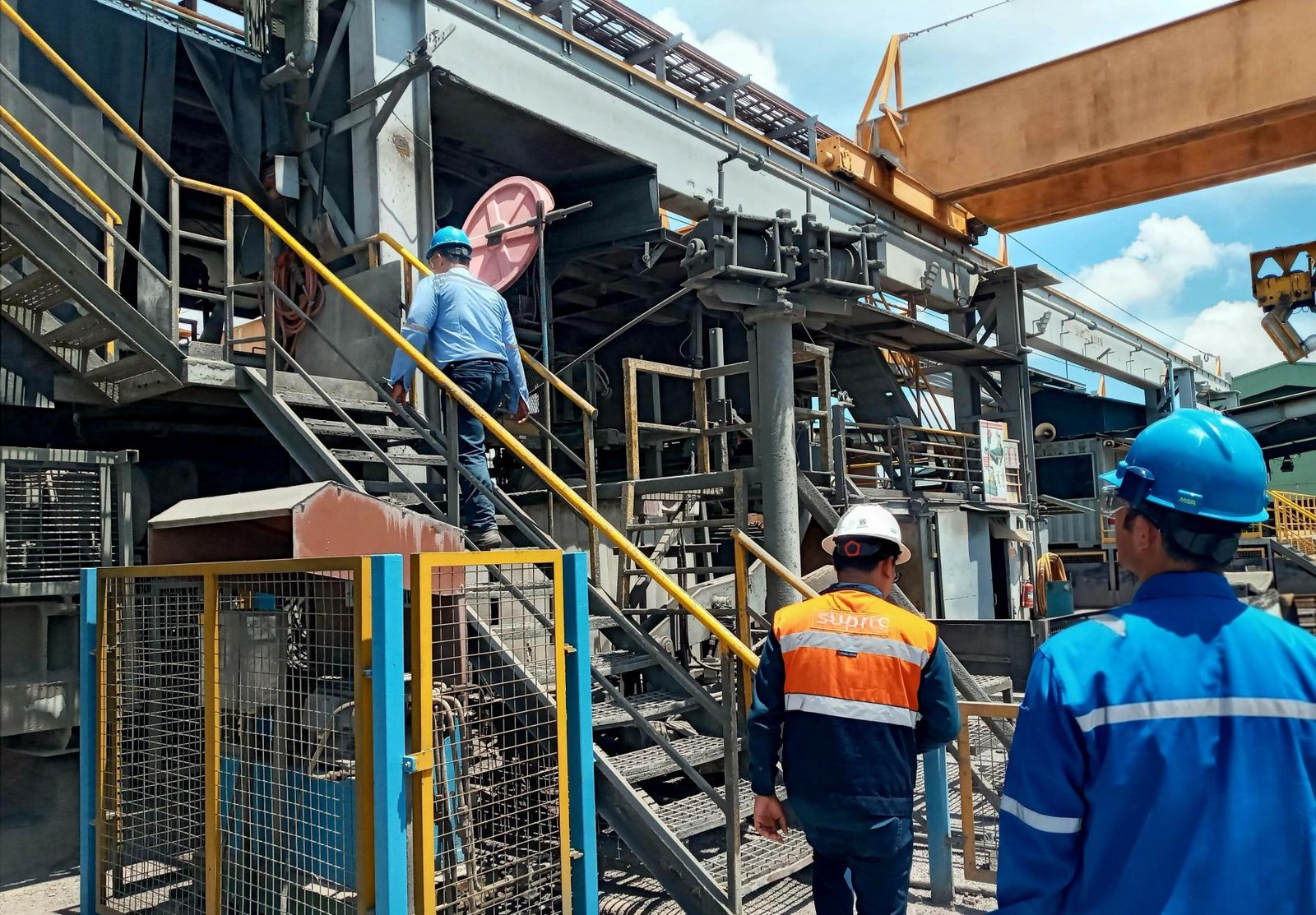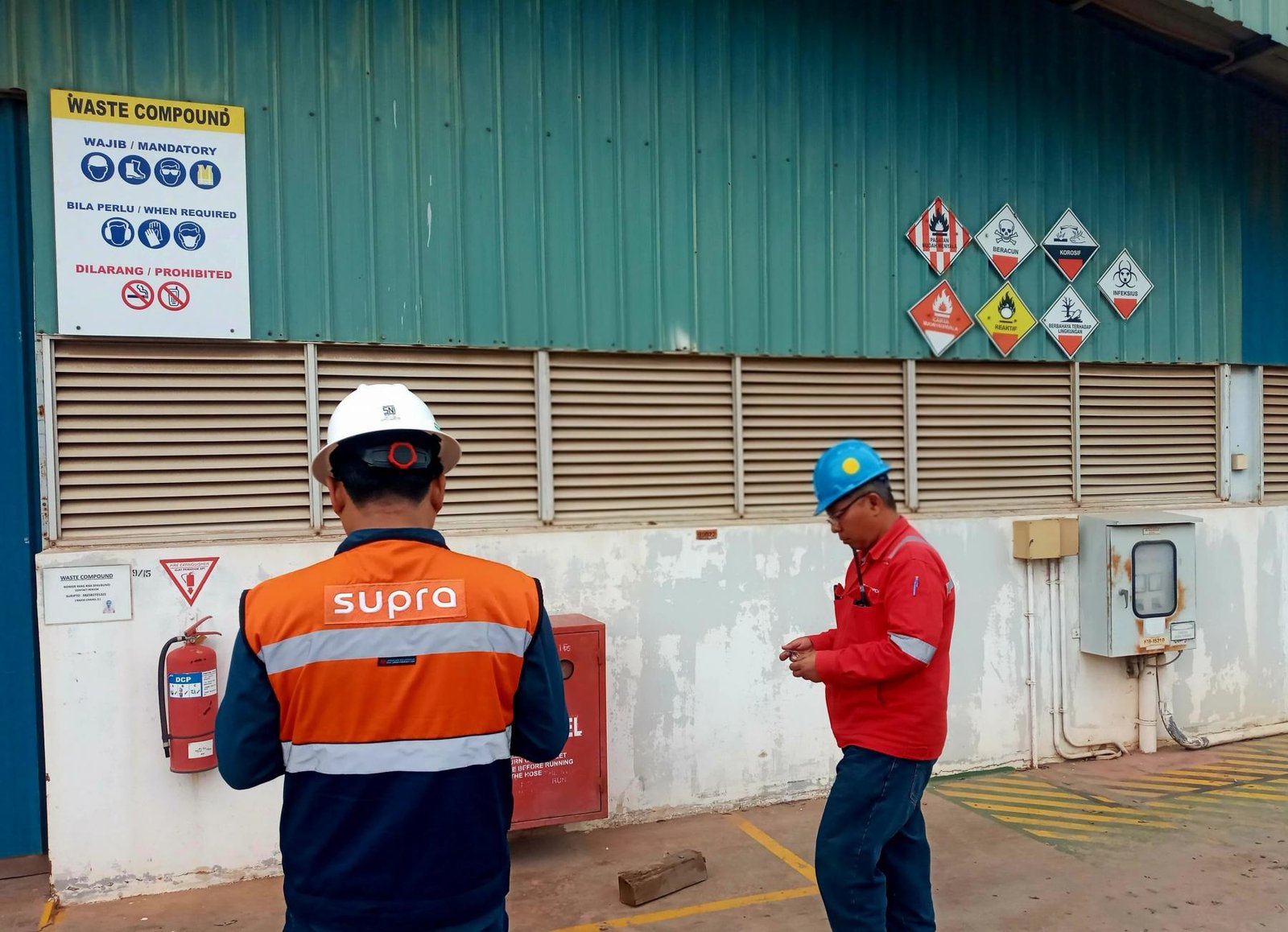
Environmental Site Assessment (Phase 1) for Manufacturing Facility in Indonesia
Comprehensive ESA Phase 1 for Regulatory and International Compliance in Industrial Operations
Client: Confidential
Sector: Manufacturing Industry
Location & Timeline: Indonesia, 2024
Executive Summary
A global manufacturing leader engaged our team to conduct a Phase 1 Environmental Site Assessment (ESA) to evaluate potential environmental liabilities related to their water and waste management systems. The primary objective was to ensure full compliance with Indonesian environmental regulations while aligning with international environmental standards and corporate sustainability goals.
The assessment covered site inspections, historical land use review, regulatory checks, and stakeholder interviews, forming the foundation for risk identification and mitigation planning. The project was executed on a fast-track schedule to support the client’s upcoming operational audits and to integrate findings into their global compliance reporting framework.
.jpeg)
Project Context
In large-scale manufacturing operations, environmental compliance is a mission-critical component of risk management. This is particularly true in strategic industrial zones, where regulatory oversight is rigorous and multinational corporations must also adhere to international sustainability frameworks.
The client’s facility produces high-value industrial goods for global markets, making operational continuity and brand reputation dependent on strict environmental stewardship. A Phase 1 ESA was required as the first step in a compliance roadmap, focusing on the identification of any historical or current environmental issues related to soil, groundwater, wastewater, and waste handling practices.
Given the site’s proximity to sensitive coastal ecosystems and industrial waste zones, the assessment needed to be highly detailed, technically robust, and compliant with both Indonesian Ministry of Environment (KLHK) requirements and applicable ISO environmental standards.
Project Challenges
- Complex industrial processes with multiple waste streams requiring precise environmental risk profiling.
- Coordination with multiple internal and external stakeholders within tight timelines.
- Integration of local regulatory compliance with corporate global reporting systems.
Approach
The ESA Phase 1 process was implemented using internationally recognized protocols, including ASTM E1527-21 guidelines, adapted for Indonesian regulatory context. Key steps included:
- Detailed site reconnaissance and photographic documentation.
- Review of historical aerial imagery, land use records, and environmental permits.
- Interviews with facility management, HSE teams, and local regulatory officials.
- Cross-checking site conditions against Peraturan Menteri Lingkungan Hidup and other relevant environmental laws.
- Preliminary risk mapping to highlight areas requiring further investigation in Phase 2 (if necessary).
The assessment was executed by an integrated environmental engineering team, ensuring technical accuracy while maintaining operational discretion.
Outcome & Impact
The final ESA Phase 1 report provided the client with:
- A clear, evidence-based profile of current and historical environmental risks.
- Actionable recommendations to address potential compliance gaps.
- Documentation suitable for submission to Indonesian authorities and integration into global ESG reporting.
- A structured framework to guide Phase 2 Environmental Site Assessment if deemed necessary.
This proactive approach strengthened the client’s readiness for regulatory inspections, improved environmental risk management, and reinforced their positioning as a compliant and responsible global manufacturer.
Strategic Significance
For the client, this project represents a critical milestone in aligning local operations with global environmental expectations. The ESA findings not only mitigate regulatory risks but also support corporate commitments to sustainability, investor confidence, and brand protection. As for the broader manufacturing sector, the project serves as the importance of early-stage environmental due diligence in safeguarding operational licenses, protecting ecosystems, and maintaining market access in sustainability-conscious industries.
Key Facts
- Full ESA Phase 1 conducted in compliance with ASTM E1527-21 and Indonesian regulations.
- Assessment included site reconnaissance, historical review, and stakeholder interviews.
- Delivered within a compressed timeline to meet audit deadlines.
- Recommendations aligned with both national laws and international ESG frameworks.
Share:
Jika Anda menghadapi tantangan dalam air, limbah, atau energi, SUPRA siap mendukung. Tim kami membantu meningkatkan keandalan, memastikan kepatuhan, meningkatkan efisiensi, dan mengendalikan biaya. Bersama, kita menentukan fase layanan lifecycle yang paling sesuai untuk kebutuhan proyek Anda.


.jpeg)
